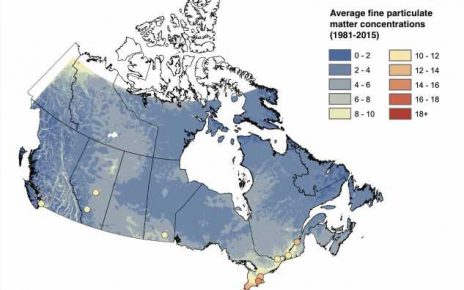A lower dose of Pfizer-BioNTech’s COVID-19 vaccine was safe and effective for children ages of 5 and 11, the companies announced today.
Pfizer and BioNTech plan to submit the data for approval to regulatory agencies in the U.S. and around the world as soon as possible, the companies announced in a statement.
Their findings, which haven’t yet been peer-reviewed, come from a clinical trial of 2,268 children ages 5 to 11. The young participants were given a lower dose of the vaccine (10 µg, 21 days apart) than the dose given to people 12 years and older (30 µg, 21 days apart).
One month after the second dose, the participants had developed an antibody response that was comparable to that of people 16 to 25 years of age who received the 30 µg dose in a previous study. The vaccine was safe and well-tolerated, and the side effects were similar to those observed in older age groups, according to the statement.
“Over the past nine months, hundreds of millions of people ages 12 and older from around the world have received our COVID-19 vaccine,” Albert Bourla, the chairman and CEO of Pfizer, said in the statement. “We are eager to extend the protection afforded by the vaccine to this younger population, subject to regulatory authorization, especially as we track the spread of the Delta variant and the substantial threat it poses to children.”
Since July, pediatric COVID-19 cases have skyrocketed by 240% in the U.S., he added.
—11 (sometimes) deadly diseases that hopped across species
—14 coronavirus myths busted by science
—The deadliest viruses in history
Children ages 12 years and up are authorized to receive the Pfizer-BioNTech vaccine in the U.S. The other two vaccines being administered in the U.S. — manuractured by Moderna and Johnson and Johnson — have not yet been approved for those younger than 18 years of age, Live Science previously reported.
Data for the safety and efficacy of the Pfizer-BioNTech vaccine for those younger than 5 years of age from the same clinical trial may come later this year, the companies said in the statement.
In the trial, children under the age of 5 are given an even lower, 3 µg dose of the vaccine.
Originally published on Live Science.
Yasemin Saplakoglu
Yasemin is a staff writer at Live Science, covering health, neuroscience and biology. Her work has appeared in Scientific American, Science and the San Jose Mercury News. She has a bachelor’s degree in biomedical engineering from the University of Connecticut and a graduate certificate in science communication from the University of California, Santa Cruz.
Source: Read Full Article




